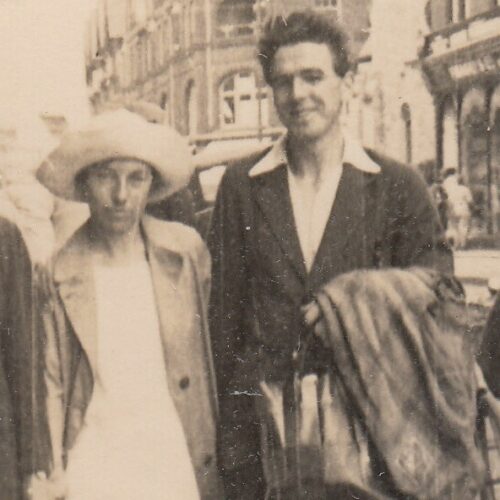

We must grow out of the crude and unreal ideas of immortality and content ourselves with the only kind of immortality there really is. The poets are immortal for they live on in the minds of those who read their works. In the same way we are all immortal through the influence, however slight, we have had on other people.
Notes of an address given by Heretic Elsie Gooding on the subject of ‘God’, 25 March 1936
Information about the Ipswich Heretics comes from a notebook which belonged to Frank Gooding, detailing the 82nd–96th meetings of the group between 1936–1938. Alternating between the houses of various members, they presented and discussed papers on themes ranging from ‘God’ to Aldous Huxley’s novel Eyeless in Gaza. In a period during which most of the existing ethical societies had dissolved, and many regional humanist groups were yet to form, the Ipswich Heretics provide an intriguing glimpse into the informal freethought tradition still very much alive between the wars.
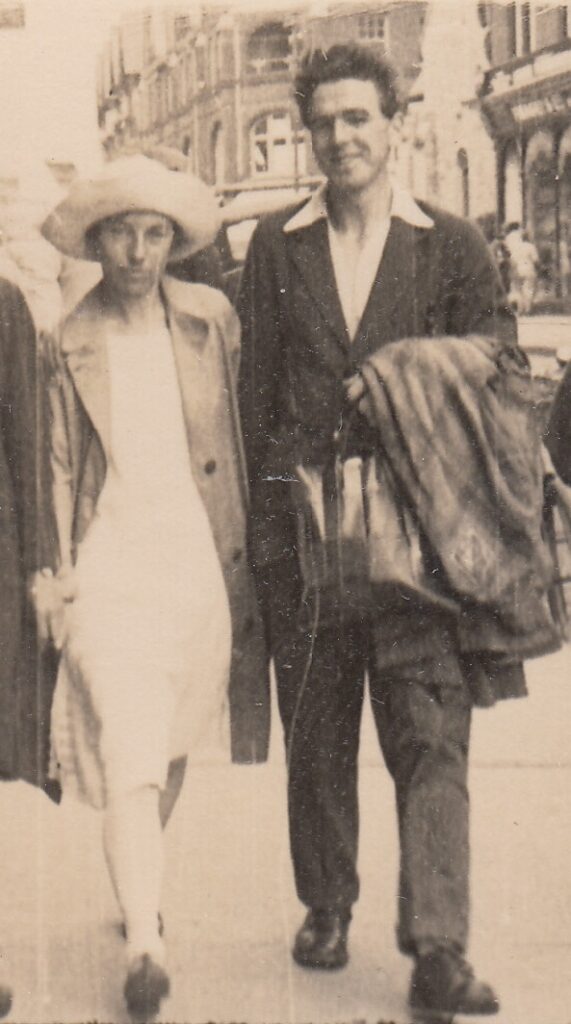
Frank Gooding (1897-1999) was – according to the 1939 Register – a local government clerk. His wife Elsie (née Fisher, 1895-1943) was a fellow member of the Heretics. The group’s so-called ‘Arch Heretic’ was Thomas W. Wilkinson, a municipal accountant. Other members identifiable from the notebook are Harry and Eva (née Lewin) Crowe, a gas worker and English and History Tutor respectively. Norman Garrett Brown, a chartered accountant, and his wife Molly Beryl Brown (née Pawlyn) were also active members, as were Mary and James Whitmore. James Whitmore was an elementary school teacher, and Mary Whitmore a social activist and the first woman mayor of Ipswich.
The group’s talks and discussions ranged across subjects from ‘elementary education’ to ‘the power of non-violence’, as well as religious and rationalist matters. The notebook records the contributions and ideas of its members, including thoughts such as:
We must grow out of the crude and unreal ideas of immortality and content ourselves with the only kind of immortality there really is. The poets are immortal for they live on in the minds of those who read their works. In the same way we are all immortal through the influence, however slight, we have had on other people.
Perhaps the religion of the future will not be concerned so much with a mysterious God but with the enlargement and expression of our own personalities. Our senses and sympathies will become so acute that we shall feel no difference between another person and ourselves.
Notes of an address given by Heretic Elsie Gooding on the subject of ‘God’, 25 March 1936
In their discussions of science, philosophy, literature, and education, the Ipswich Heretics had much in common with the ethical societies which came before them, and the humanist groups still to emerge. Certainly, the notes reveal the members’ distinctly humanist ideas and ideals. As well as their embrace of discussion and debate, members of the group – perhaps most prominently Mary Whitmore – were actively involved in social activism and reform. The group also bore striking similarities to the Cambridge Heretics (formed in 1909). It is possible that the Ipswich group, or one of its founding members, was directly influenced by the Cambridge society.
Mary Whitmore | Ipswich Women’s Festival
With many thanks to Jennie Johnson, granddaughter of Frank and Elsie Gooding, for sharing information and images relating to the Ipswich Heretics.
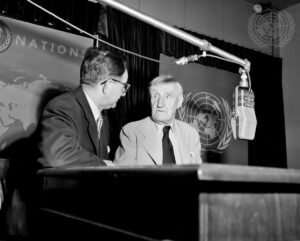
The big problem of today is how shall we adjust these tremendous new forces so that they can be harnessed […]
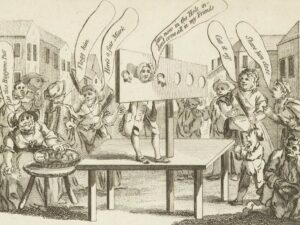
As for Mother Clap, she was present all the Time, except when she went out to fetch Liquors… The Company […]
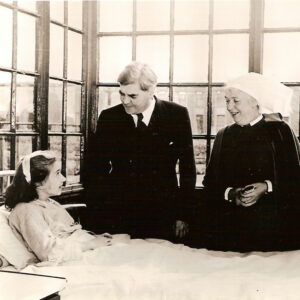
When Nigel Lawson said in 1992 that the National Health Service was the ‘closest thing the English have to a […]
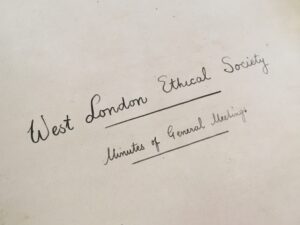
The good life… rests for its justification on no external authority, and on no system of supernatural rewards or punishments, […]